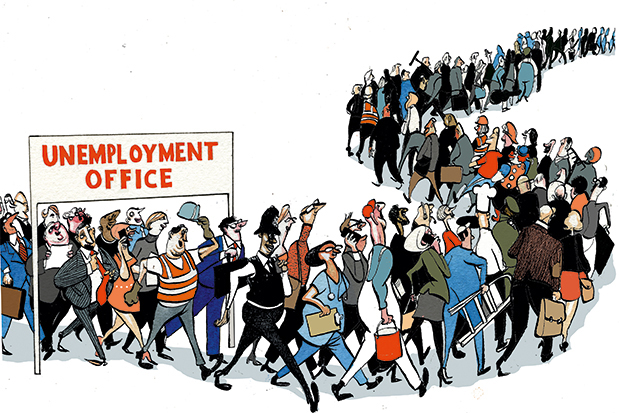Is low unemployment causing us more problems than we realise? The suggestion might seem absurd, offensive even. It’s reminiscent of the days of Mrs Thatcher’s supposedly ‘cruel’ monetarism, when we had three million unemployed. Some on the fringes liked to argue that unemployment was good for the economy because it made people work harder, being fearful for their jobs.
Already a subscriber? Log in
Subscribe for just $2 a week
Try a month of The Spectator Australia absolutely free and without commitment. Not only that but – if you choose to continue – you’ll pay just $2 a week for your first year.
- Unlimited access to spectator.com.au and app
- The weekly edition on the Spectator Australia app
- Spectator podcasts and newsletters
- Full access to spectator.co.uk
Or





















Comments
Don't miss out
Join the conversation with other Spectator Australia readers. Subscribe to leave a comment.
SUBSCRIBEAlready a subscriber? Log in